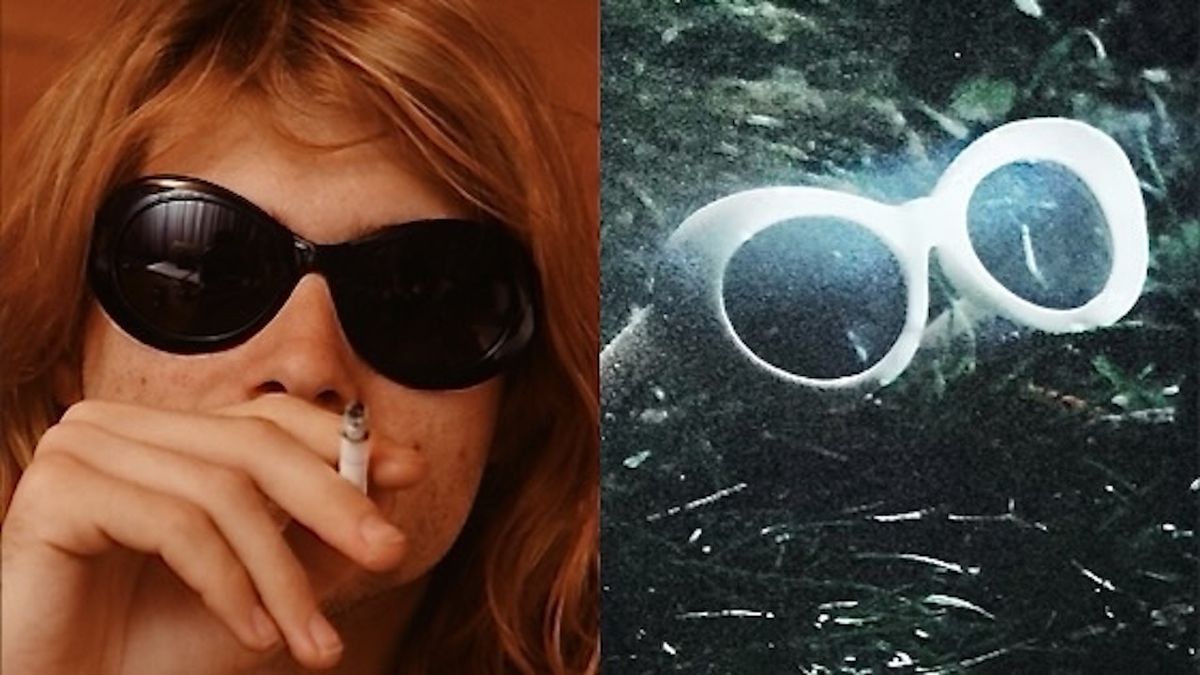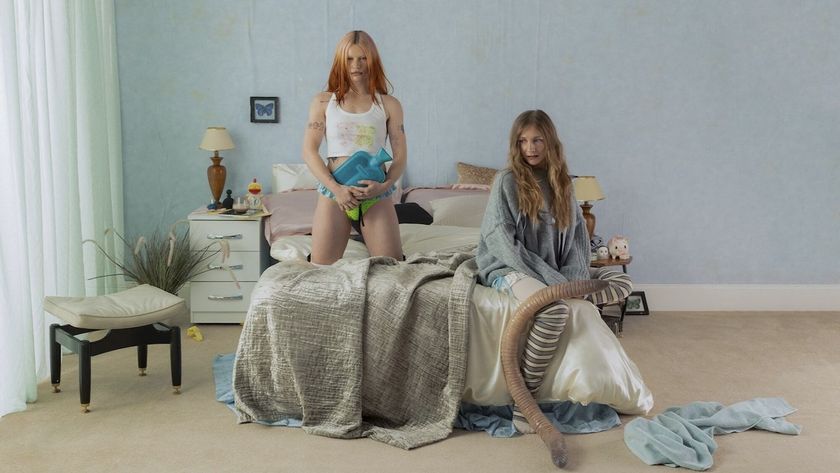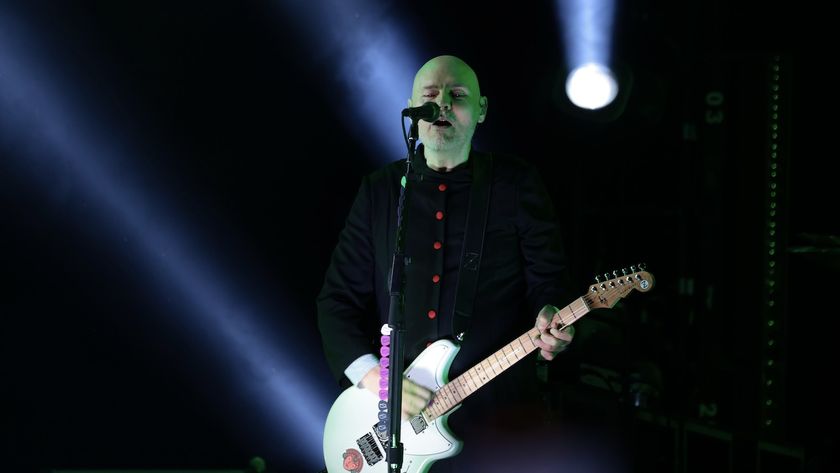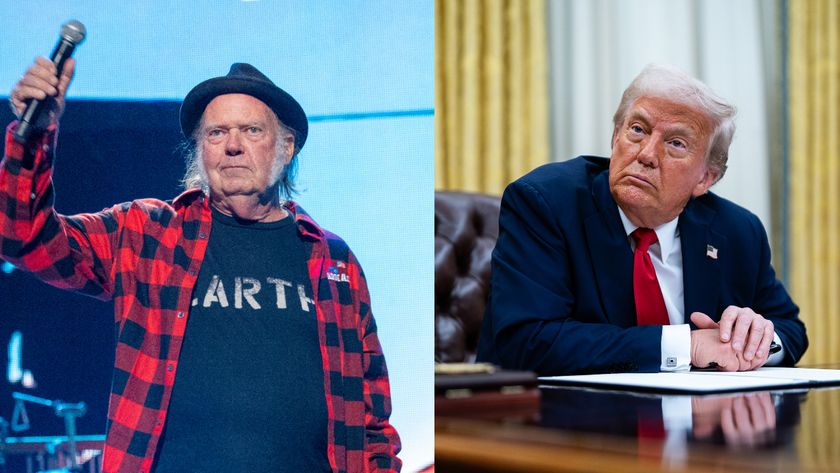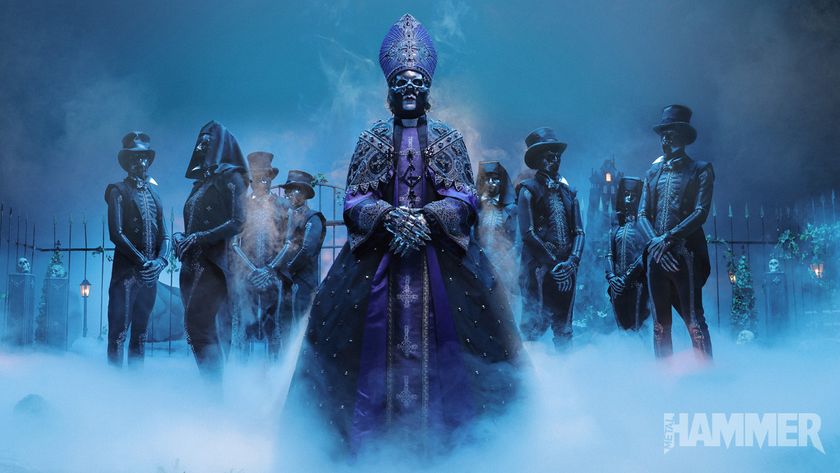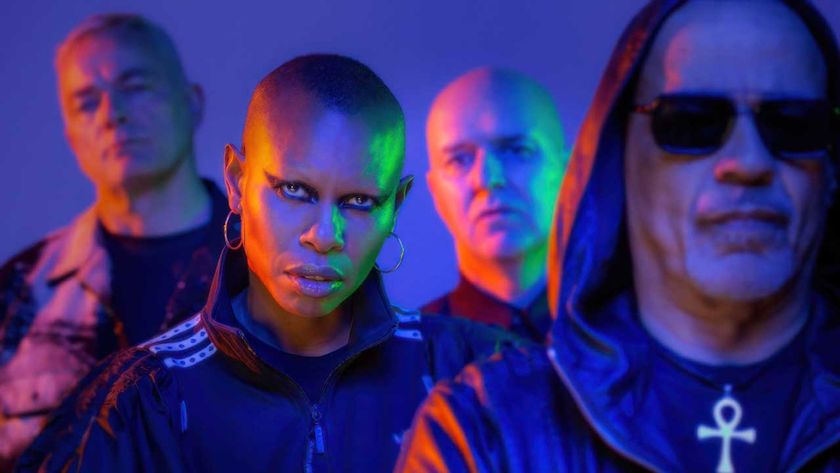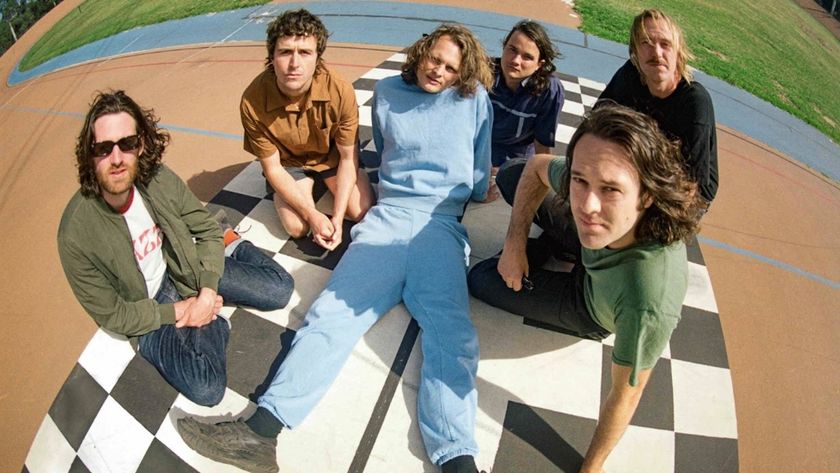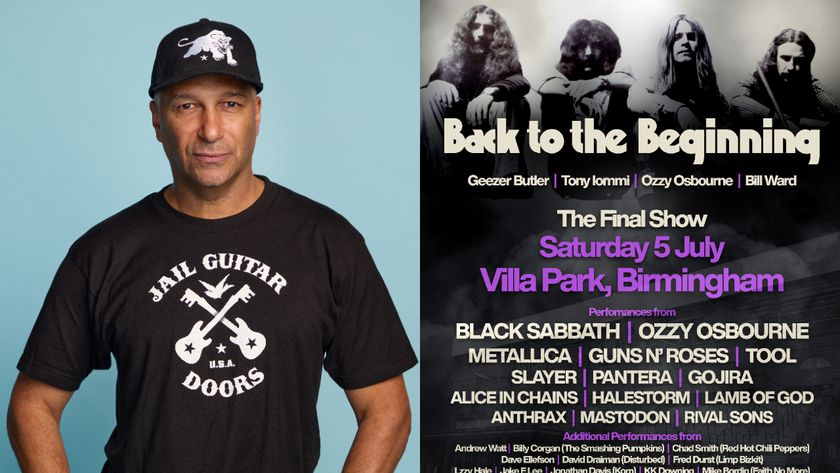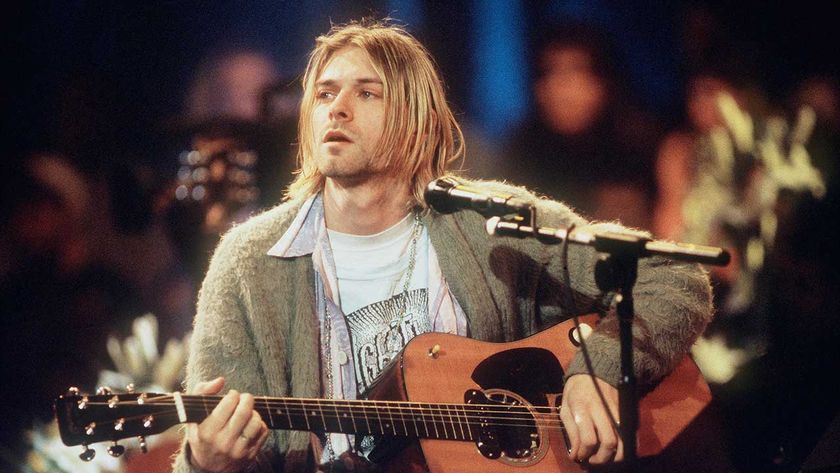The estate of late Nirvana frontman Kurt Cobain has hit out at the Royal Opera House's decision to stage a production based on Gus Van Sant's 2005 film Last Days, which is loosely based on Cobain's final hours in Seattle.
The Royal Opera House website has this to say about the production, which was staged from October 7 to 11.
"Based on the film Last Days, this haunting world premiere brings a modern tale of self-destruction to the opera stage.
Blake, a musician, has recently escaped rehab to return home. But he is haunted by objects, visitors and memories distracting him from his true purpose – self-destruction. Adapted from Gus Van Sant’s 2005 film based on the final days of Kurt Cobain, this new opera plunges into the torment that created a modern myth."
The production received 4 star reviews from The Guardian and The Times, and a 5 star review in The Independent, which hailed it as "extraordinary", writing, "the work is full of mysteries, which derive their power through not being explained."
In a statement given to the Daily Mail, Cobain's estate say, 'This show has been created and written without the permission or input of the Cobain estate. Sadly, it is an unauthorised attempt that seeks to profit and benefit from a brief meeting that took place thirty years ago.'
The opera's co-director Matt Copson told The Guardian: "I think what makes it interesting and, most importantly, what makes it interesting in 2022 – which is very different even to when the film was made – is the relevance and prevalence of this archetype that seems, to me at least, to say something about the contemporary condition we all find ourselves in.
"You speak to any young person – everyone is on display to a degree that they weren’t before, and there are questions of privacy that come up all the time. The essential idea of, ‘Am I an individual or am I member of society? Can I freely express myself or can I not? What does it even mean to express yourself? What is freedom?’
“I think the reason why this archetype, this Kurt figure, remains relevant is because he so heavily demonstrated that paradox. He held so many contradictions within himself. His suicide note says, ‘I love people too much’, then it says, ‘I hate people.’ He’s like a walking paradox, and I think those are really important and beautiful figures for us to grapple with, because it’s an extremity of what I personally feel all the time."
